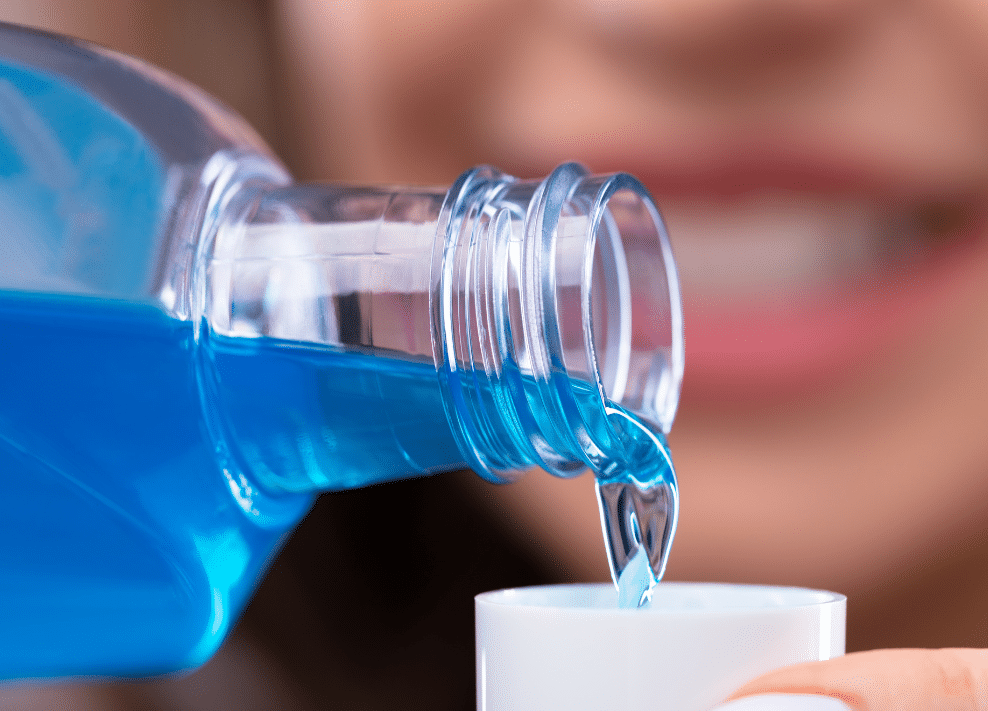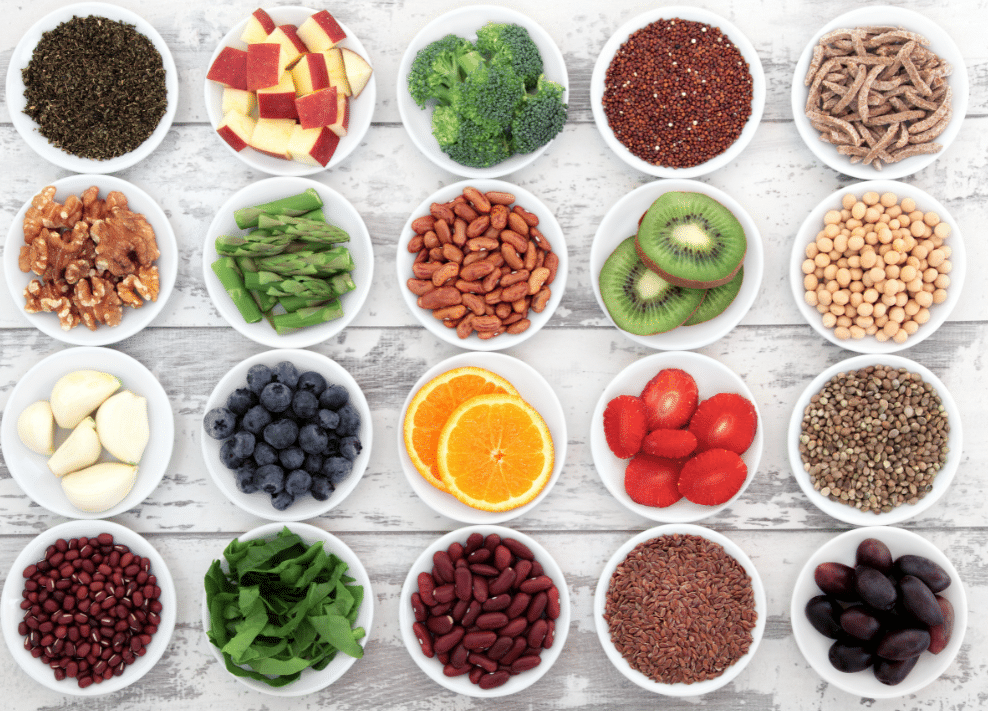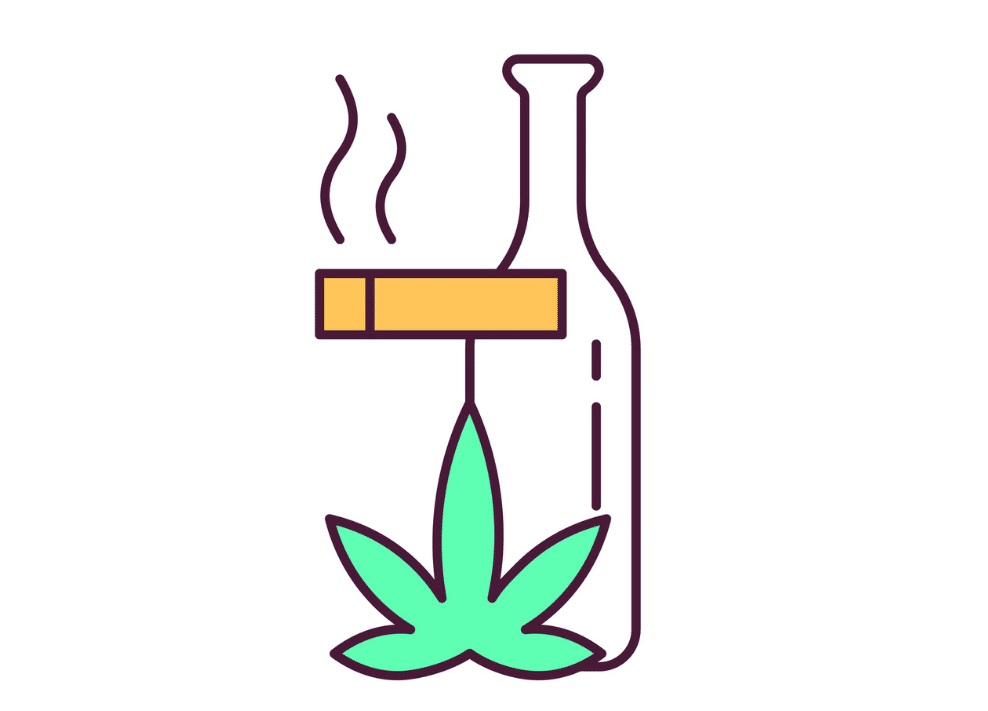Maintaining oral health throughout pregnancy
Your hormones change during pregnancy. This can affect your oral health and your risk of gum disease (gingivitis) and infection of the bone holding the teeth in place (periodontitis). Periodontitis has also been associated with poor pregnancy outcomes such as having a pre-term delivery or a low birth-weight baby. However, how periodontitis may lead to these poor outcomes is not yet fully understood.
To clean your mouth properly, you should:
- floss daily
- drink fluoridated water where available
- brush your teeth twice a day for at least 2 minutes, using a soft toothbrush and fluoride toothpaste
Schedule a check-up in your first trimester to have your teeth cleaned and your oral health checked.

Morning sickness and oral health
Morning sickness during pregnancy can expose your teeth to stomach acid and weaken the surface of your teeth by demineralizing. This puts you at higher risk of tooth decay and erosion of your teeth.
If you vomit from morning sickness, there are 3 steps to follow:
- rinse your mouth with water or a fluoride mouth wash immediately after vomiting
- after rinsing your mouth, wait for at least 30 minutes to further reduce the acid in your mouth
- brush your teeth

Eat & drink healthy
Healthy eating is essential for your oral health, your overall health, and the health of your baby. To keep your teeth strong and mouth healthy during pregnancy, follow Canada’s food guide to help maintain healthy eating patterns.
Limit your consumption of food and beverages that are high in added sugars.
Make sure the food you eat includes enough:
- protein
- calcium
- vitamin A
- vitamin C
- vitamin D
- phosphorous
During pregnancy, you have different nutrient needs. Take a daily multivitamin that contains folic acid and iron to help ensure a healthy pregnancy.
Include calcium
Calcium is an important part of your eating pattern. Your growing baby needs it for strong bones and teeth. If your eating pattern is low in calcium, your body will take it from your bones and blood for your baby.
If you have low blood calcium you will also have low calcium in your saliva. Calcium in your saliva helps re-mineralize your tooth enamel when it has been demineralized by acids.
Make sure to eat enough foods high in calcium, like dairy products, and take a calcium supplement if needed. That way, both you and your baby will have enough calcium without putting your bones and teeth at risk.

Choose healthy snacks
You can eat healthy snacks in between meals to meet your daily nutritional needs. Try to avoid soft, sweet and sticky snacks that are high in carbohydrates and sugar. These will lead to dental plaque, which could lead to tooth decay and gum disease.
Health risks
If you have good oral health, you can prevent a number of risks to you and your baby. Pregnant mothers with poor oral health have a risk of developing periodontitis (infection of bone holding the teeth in place). This type of infection has been associated with poor pregnancy outcomes such as:
- delivering a pre-term baby
- delivering a baby with a low birth weight
If you have any questions about your oral health, schedule an appointment with your dentist in your first trimester.

Oral health and substance use
For your oral health and overall health, as well as the health and safety of your baby:
- do not smoke or use any tobacco products and avoid second-hand smoke
- when you or the people around you smoke, your baby smokes too
- smoking can increase the risks of having a premature delivery or low birth-weight baby
- smoking can contribute to gum disease and loss of bone structure around your teeth
- exposure to second-hand smoke may increase the risk of caries in your baby’s primary teeth
- do not drink alcohol
- there is no safe amount or time to drink alcohol during pregnancy or when planning a pregnancy
- drinking alcohol during pregnancy can have a negative impact on the development of your baby’s teeth, among other things
- do not use recreational drugs, such as cannabis
- smoking cannabis increases the risks of oral diseases
- using recreational drugs can have a negative impact on the development of your baby’s teeth, among other things
Bleeding gums
Your hormones change during pregnancy and this can affect your gums. They may be more sensitive and they might bleed easily, even if you have good oral hygiene.

Pregnancy gingivitis
Any time between the third and ninth month of pregnancy, you may experience “pregnancy gingivitis.” Pregnancy gingivitis is when your gums are swollen, red or irritated from bacteria along the gum line. Your gums are more sensitive because your estrogen and progesterone hormones have increased during your pregnancy.
- Make sure to brush your teeth regularly.
- Gently clean your teeth at the gum line, where gum disease starts,
- Floss every day
- Visit your dentist and hygienist for checkups during pregnancy, because sometimes gingivitis can turn into periodontitis.
Most of the time, pregnancy-related gum problems will disappear after childbirth.
Continue regular preventative dental visits
Schedule a check-up in your first trimester to have your teeth cleaned and your oral health checked. Be sure to tell your dentist and hygienist that you are pregnant.
If you need dental work, like fillings, the best time to have it done is the second trimester (between the fourth and sixth month of your pregnancy).

X-Rays during pregnancy
Radiographs (x-rays) are considered safe for a pregnant patient, at any stage during pregnancy, when thyroid and abdominal lead shielding is used. Generally, the dentist will avoid taking x-rays while you are pregnant. However, there may be circumstances where the benefits outweigh the risks. In these instances, your dentist will discuss your options and, as always, ensure that you are protected with one of our lead aprons when the x-ray is taken.
Local anaesthetics during pregnancy
If you are pregnant and need a filling, root canal, or tooth pulled, one thing you don’t have to worry about is the safety of the numbing medications your dentist may use during the procedure. They are, in fact, safe for both you and your baby.
Medication
As always, be sure your dentist knows what, if any, prescription medications and over-the-counter drugs you are taking. This information will help your dentist determine what type of prescription, if any, to write for you. Your dentist can consult with your physician to choose medications—such as pain relievers or antibiotics—you may safely take during the pregnancy.

